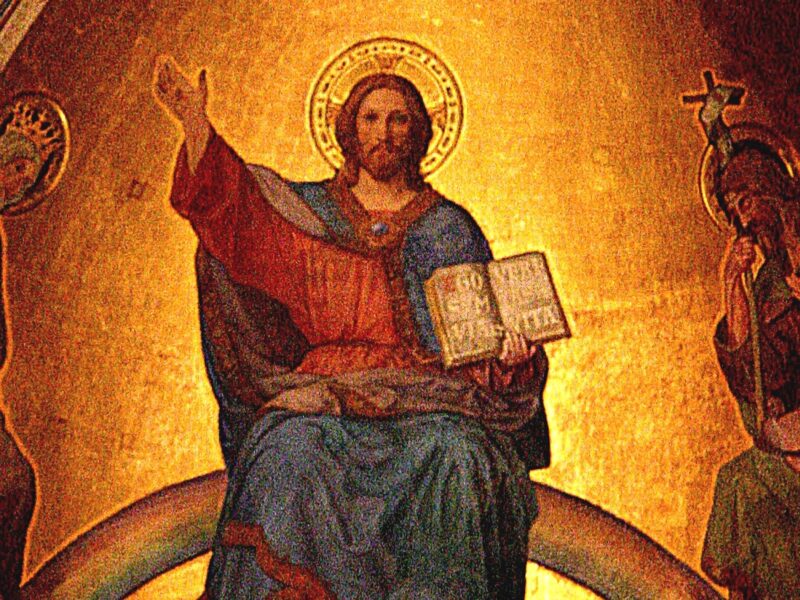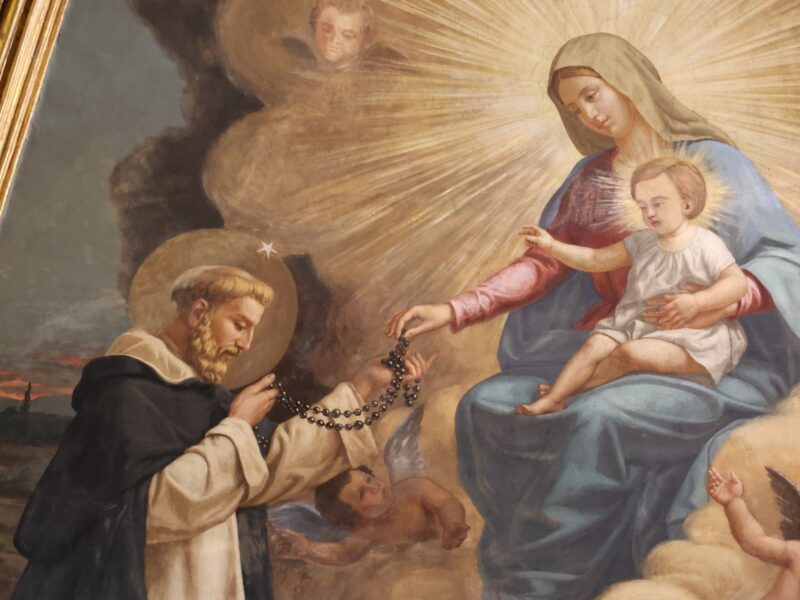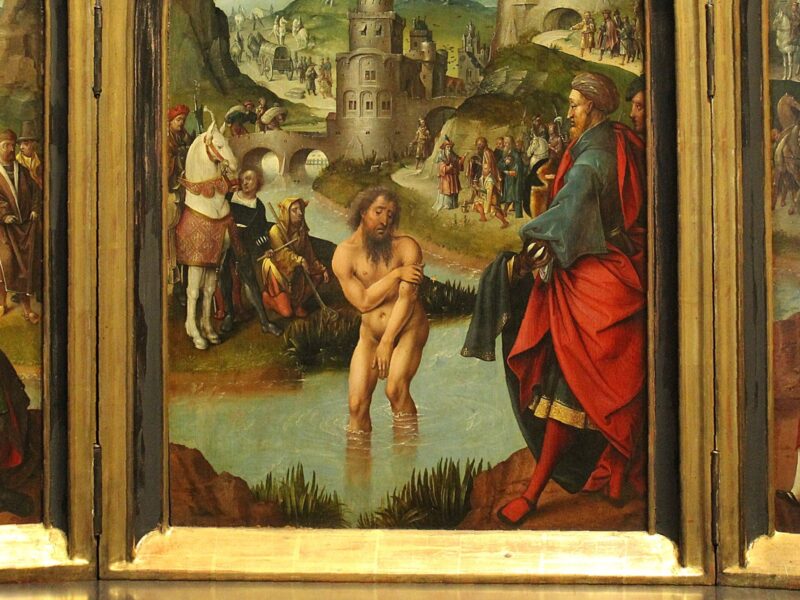
No distinctions
Twelfth Sunday of the Year. Fr David Sanders preaches on the blessing of everlasting life.
Do you want to live a long life? Nowadays one senses that people expect to live into their nineties. But in fact those living long lives today grew up on a much healthier diet than the junk food which is so popular now and which brings, we are told, an early death.
But there is another way that guarantees longer living. A recent sociological study states that out-performing your peers can transform your chances of a longer life. Feeling you are a bit higher on the pecking order than your neighbour is good for your health.
So, Oscar winning actors live on average for four years longer than equally famous performers who have no award. A doctorate gives you more years than a master’s degree! And we can see this theory flourishing in our market driven economy.
Some competition is good for us but seeking happiness according to this sort of status is in clear contrast to Jesus’ teaching. He knows that his own disciples are obsessed with status as they argue about who is going to sit one at his right and one at his left in the coming kingdom.
But Jesus makes it clear that if you are to enter his kingdom you have to change these values. In the beatitudes he claims that it is the poor, not the powerful, the gentle, not the pushy, who inherit the kingdom.
Today Jesus asks his disciples about his own status:
Who do the crowds say that I am?
Peter, who has seen the wonderful miracles, the healings and the other great signs that Jesus has performed, acknowledges him as the Christ of God, the kingly messiah, the one anointed by God. Peter recognises Jesus’ regal status but may have forgotten that in his first sermon at Nazareth Jesus identified himself with the one who was anointed to bring good news to the poor and to those who had little status in the society.
If Jesus is to reach out and defend those who are suffering from oppression and exclusion, he will inevitably face opposition from the ones who perpetuate these injustices. So while he does not deny his messiahship, he qualifies it with another title – the Son of Man, who will suffer, and be rejected by the religious leaders, and then be killed.
If Peter, or any disciple, wants to continue following Jesus, they must travel the same journey, the way which leads to the cross. But the heart of the gospel message is the paradox that by taking on the consequences of fighting for justice, being willing to risk losing your life, you will in fact gain your life. For God will raise you to life as he raised his son Jesus on the third day.
But how do we share in that risen life now? St Paul shows us that we gain life through our baptism. But we should have no illusions about this sacramental rite.
It is not a christening ceremony which gives us a safe place in a hierarchic society where race or gender or class may be of overriding importance. It plunges you into the realities of the death, a death which all these distinctions can so easily cause.
Baptism gives you a new kind of status because now you are baptised into Christ. You are joined to him and become part of his body. That is your primary identification and so all the other signs of status-seeking are secondary:
and there are no more distinctions between Jew and Greek, slave and free, male and female.
Living out the meaning of your baptism may well bring you into conflict with the same forces which conspired to kill Jesus. You are told to take up your cross daily.
The new status that you receive as a Christian may well give you the gift of a long life on this earth but, in the end, living long is not the crucial thing – after all, Jesus died young. It is not a long life we seek so much as the reward of following Christ and living out the beatitudes, which is eternal life.


